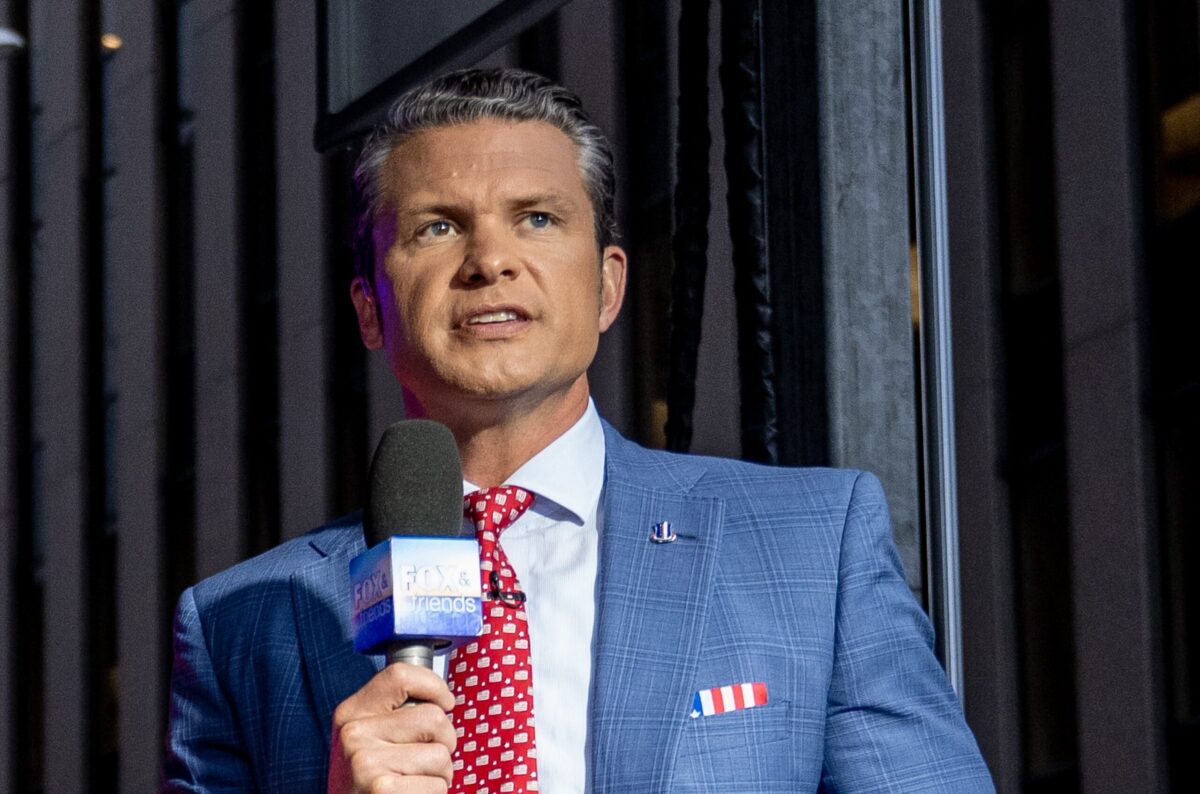Two-Thirds Of U.S. Jews Feel Less Safe, Have Experienced Anti-Semitism Since October 7 Attack
The vast majority of American Jews feel less safe and have experienced anti-Semitism sometime in the past year since the October 7 terror attack on Israel, according to a new poll. The poll was commissioned by the Combat Antisemitism Movement (CAM) and administered by the National Opinion Research Center at the University of Chicago. It ...

The vast majority of American Jews feel less safe and have experienced anti-Semitism sometime in the past year since the October 7 terror attack on Israel, according to a new poll.
The poll was commissioned by the Combat Antisemitism Movement (CAM) and administered by the National Opinion Research Center at the University of Chicago. It was designed and analyzed by Dr. Ira Sheskin at the University of Miami.
The survey was conducted through the internet and by phone and includes responses from 1,075 American Jews, including those who identify as religious and non-religious. It focused on American Jews’ experience with anti-Semitism since Hamas terrorists killed roughly 1,200 people and took hostage hundreds more in an attack on Israel on October 7 of last year.
“The explosion of anti-Jewish hate since October 7th in this country has profoundly impacted individuals, families, and communities,” said Misha Galperin, a member of the CAM Board of Governors. “The extent of that impact on American Jews documented by this survey is simply stunning.”
A majority of respondents, 61%, said they had experienced anti-Semitism at least once in the past year in a variety of ways, including seeing anti-Semitic graffiti, hearing a slur or joke, or being physically threatened. As a percentage of the Jewish population of the United States, that would be equivalent to roughly 3.5 million American Jews experiencing an act of anti-Semitism in the past year.
The same percentage of respondents, 61%, reported feeling less safe as American Jews today than they felt a year ago. Roughly a third of respondents, 35%, reported no change from a year ago. Just 4% reported feeling more safe.
The most likely source of serious anti-Semitism, according to the poll, appears to be pro-Palestinian activists. Seventeen percent of respondents who experienced anti-Semitism reported that their most serious anti-Semitic incident happened as a result of “pro-Palestinians.” The next most likely group to be pointed to was “extreme left” at 6% and “extreme right” and “neo-Nazis” at 5% each.
In addition to reporting a general increase in anti-Semitism since 2020, respondents also reported being more likely to experience support from someone who is not Jewish. According to the poll, 49% of American Jews said a non-Jew has “expressed support for you because you are Jewish.” In 2020, that number was 33%.
The survey also collected some open-ended responses from people describing their experiences with anti-Semitism.
“I was told by a customer at my retail workplace that they didn’t want a Jew scanning their items after seeing my Star of David necklace,’’ a Jewish worker wrote, according to the New York Post.
“I was on the subway, and someone was sitting in front and literally telling me I should kill myself, God hates me, God hates the Jews and some other vivid words about what awful people we are, and we should just kill ourselves,’’ another person said.
Originally Published at Daily Wire, World Net Daily, or The Blaze
What's Your Reaction?
































































































